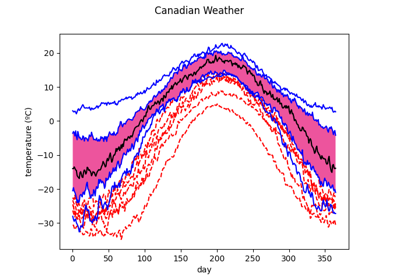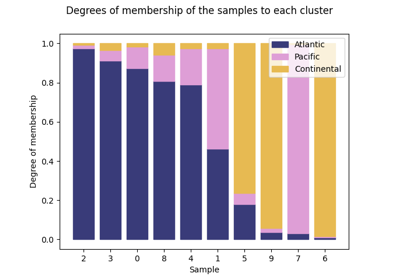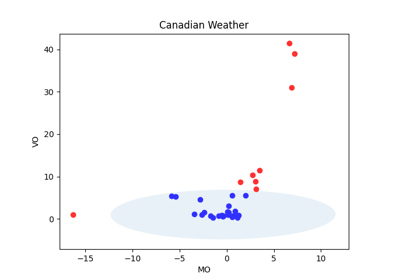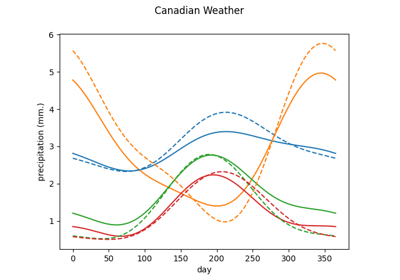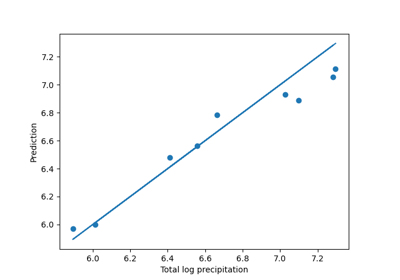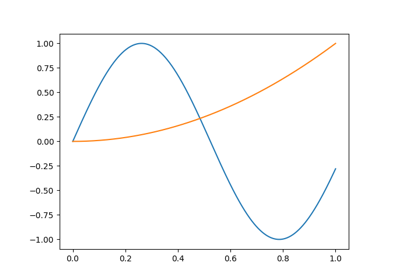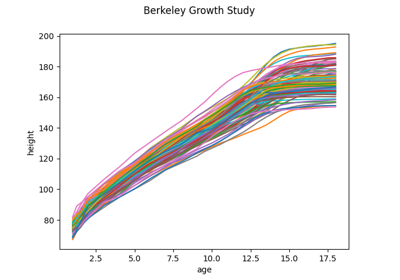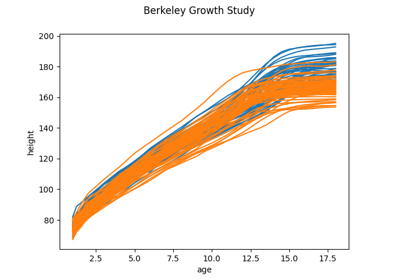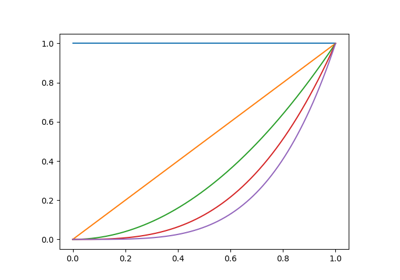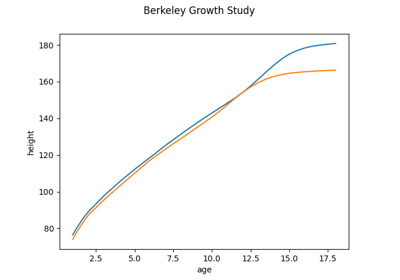fetch_weather#
- skfda.datasets.fetch_weather(*, return_X_y: typing_extensions.Literal[False] = False, as_frame: bool = False) Bunch[source]#
- skfda.datasets.fetch_weather(*, return_X_y: typing_extensions.Literal[True], as_frame: typing_extensions.Literal[False] = False) Tuple[FDataGrid, ndarray[Any, dtype[int64]]]
- skfda.datasets.fetch_weather(*, return_X_y: typing_extensions.Literal[True], as_frame: typing_extensions.Literal[True]) Tuple[DataFrame, Series]
Load the Canadian Weather dataset.
The data is obtained from the R package ‘fda’ from CRAN.
Daily temperature and precipitation at 35 different locations in Canada averaged over 1960 to 1994.
References
Ramsay, James O., and Silverman, Bernard W. (2006), Functional Data Analysis, 2nd ed. , Springer, New York.
Ramsay, James O., and Silverman, Bernard W. (2002), Applied Functional Data Analysis, Springer, New York
- Parameters:
return_X_y – Return only the data and target as a tuple.
as_frame – Return the data in a Pandas Dataframe or Series.
Examples using skfda.datasets.fetch_weather#
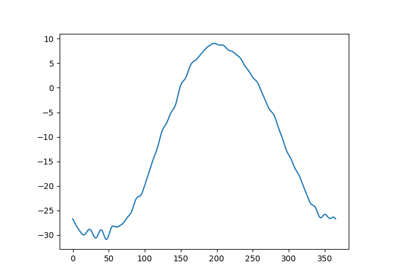
Functional Linear Regression with multivariate covariates.
Functional Linear Regression with multivariate covariates.

